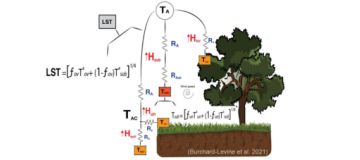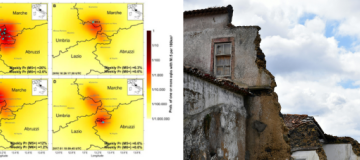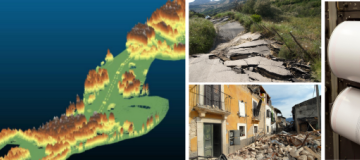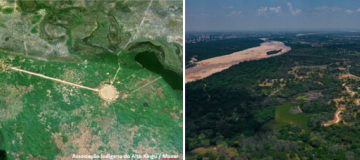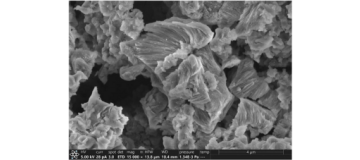
Seminar (Career Workshop) - Burnt lime: mining our path to a sustainable economy
Speaker: Dott. Giovanni Baldo - Product Manager Fassa Bortolo S.r.l.I Tuesday 16 April - 4.30 PM | Arduino Classroom
16.04.2024
Industrial Minerals (IM) are essential to economic development: we can say they are the foundation of the economy. IM are usually cheap products, so it’s difficult to import them and they need to be mined/produced next to their main utilizers. This means we have the opportunity to apply the best



